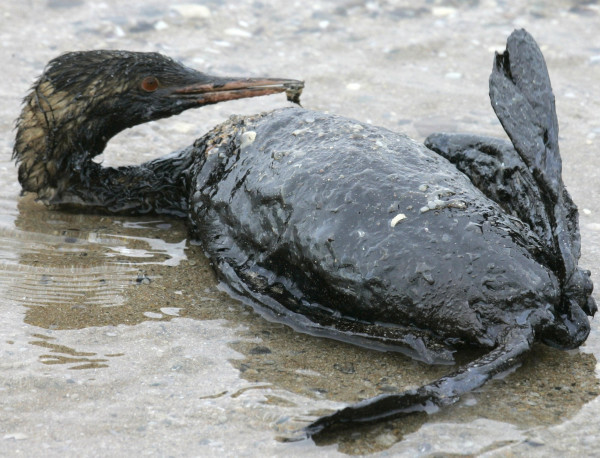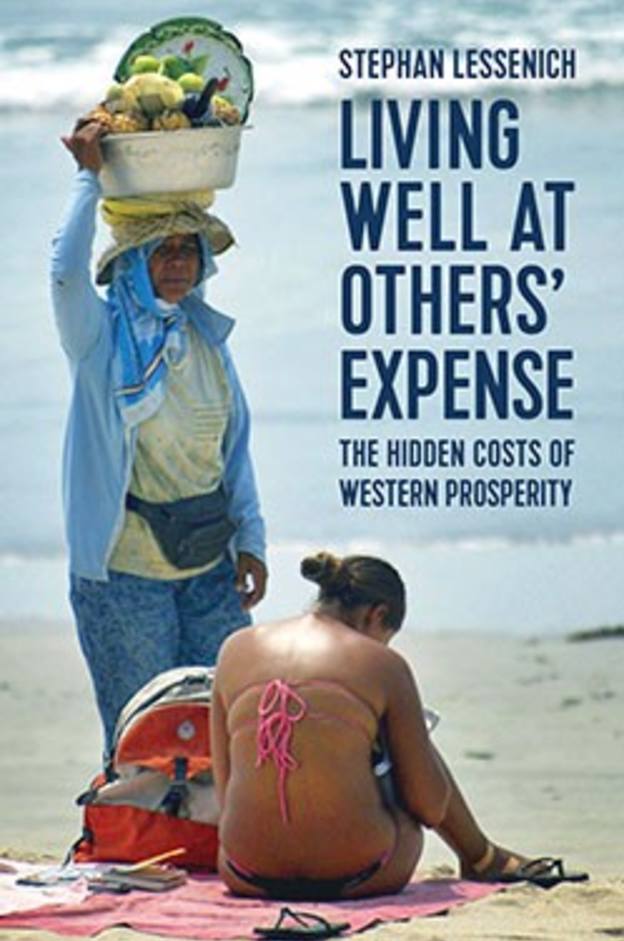

Stephan Lessenich’s Living Well at Others’ Expense was a familiar read for me as it espouses theories and concepts that I studied as a postgraduate in international relations, culminating in my master’s dissertations on the relationship between the first world north and the third world south many moons ago.
So nothing in the book came as a surprise, although some of the terminology – “externalisation”, “asymmetrical power” and “whitewashing” – are new.
Mr Lessenich’s book brings many of the socio-economic theories of the past (and present) into one overarching theory he calls externalisation.
Mr Lessenich defines externalisation as: “Exploiting the resources of others, passing on the cost to them, appropriating the profits and promoting self-interest while obstructing, or even preventing, the progress of others.”
The book opens with the depressing incident of Rio Doce.

On November 5 2015 in Marianna, a Brazilian mining town, the walls of two reservoirs containing the waste water from an ion-ore mine burst, releasing enough toxic waste to fill 25,000 Olympic size swimming pools.
According to Mr Lessenich, while the incident was a disaster for nature and the people living in and off the mine, it was not a natural disaster, but a typical example of a world economic system in which the resources (and people) of the south are exploited by a transnational corporation in its efforts to feed the consumer habits and lifestyles of those of the global north.
Mr Lessenich argues that externalising is at the centre of western economies and their prosperity, and that this is coming at an ever higher price for the people and environment in the global south – and increasingly in the north.
The book makes hard reading – it highlights some unpleasant home truths about the true cost of our lifestyles in the developed north, but, more importantly, it also shines a light on the inbuilt privilege/exploit relationships at the heart of the our current economic model.
Wealth in a capitalist economy, as we are increasingly beginning to recognise, does not trickle down; it benefits a few at the expense of the many.
Mr Lessenich does not look to provide a solution to the problem of the north/south, rich/poor dichotomy but hopes that by bringing the “invisible out into the open, saying the unspeakable, revealing what is hidden”, this could perhaps become more than just talk and lead to a “collective acceptance” of the unpleasant truth.
The book in many ways reflect the debates and struggles happening right now in the US and Europe – the rise of populism as the 90-95 per cent of the underserved in the north began to voice their dissatisfaction and the Extinction Rebellion movement takes to our streets.
There is perhaps the beginning of the collective acceptance, but there is no sign of an acceptable solution.
Anna Sofat is founder of Addidi
By Stephan Lessenich. Published by Polity Press



